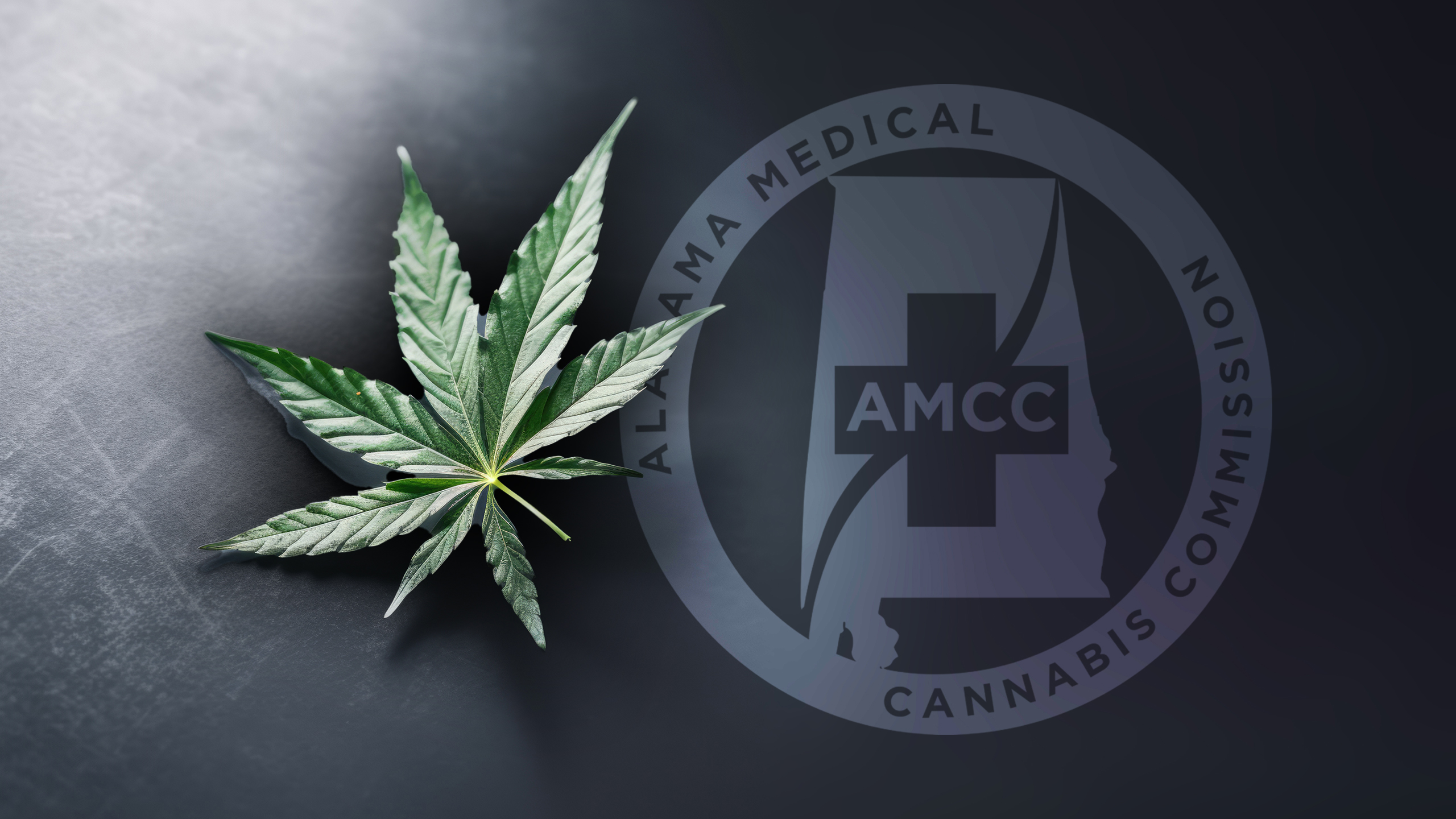The Alabama Medical Cannabis Commission on Thursday created new procedures for awarding licenses, including many changes that appear aimed at appeasing recent legal challenges.
It also once again rescinded its previous license award decisions to start the process anew.
The commission stopped short, however, of making one critical change that is sure to leave many challengers unsatisfied–it will continue to consider third-party scoring of the applicants in place.
“The Commission’s rules are clear that the Commission has full discretion as to license award decisions,” said Commission Chair Rex Vaughn, reading from a prepared statement. “Rule 538-x-3-.12 states in part that, ‘the Commission remains the primary decision maker with regard to licensing and has authority to act independently of any third-party evaluation and recommendation.’”
Counsel for some plaintiffs in the ongoing lawsuits against the commission explicitly stated that there would be continued litigation if the commission continues to rely on the scoring.
Whether that argument would hold up in court is a different matter, depending on how Montgomery Circuit Judge James Anderson interprets the limits of the commission’s discretion. Previous comments by Anderson hint that he generally believes the commission can use scoring to help in its decision-making process, with the discretion of how much weight to place on that criteria. A continuation of Vaughn’s statement emphasized that likely legal argument for the commission moving forward.
“The commission remains the primary decision maker with regard to licensing and each commissioner retains full discretion to act independently of the previously generated third party scoring and evaluations in applying the statutory and regulatory criteria,” Vaughn said from the prepared statement. “To reiterate, and to avoid any confusion: each commission member has independent discretion when evaluating the suitability of all 90 applicants.”
The commission also set a timeline that would have licenses issued by December, if the Commission can keep to that schedule.
That timeline includes a presentation schedule for applicants, which will make presentations to the commission in a series of public meetings. The schedule is as follows:
- November 27, 2023 – Cultivator and State Testing Laboratory Applicants
- November 28, 2023 – Secure Transporter and Processor Applicants
- November 29, 2023 – Dispensary Applicants
- December 4 – 8, 2023 – Integrated Facility Applicants
These presentations will afford applicants a chance to persuade that commission on why they should be awarded a license, as well as a chance to attack the scoring and evaluation.
But one concern plaintiffs had in court last week is that they are unsure whether they will have enough information about other applicants’ scores to have a point of comparison.
Commissioner Loree Skelton needled for this information during the meeting, asking staff counsel Justin Aday when and if an applicant could access specific scoring information on other applicants.
Aday said the timeline uses “shorthand” for the full rule passed at the previous commission meeting, and read the relevant section.
According to the rule, the commission will provide all applicants with the criteria used by the third-party evaluators to score the applicants, as well as the background information on the scorers, excluding personally identifying information.
The commission will also provide all applicants “notice of any instance where the same scorer was not used in scoring the same sections of applications within a license category.”
However, it is the next section that deals with reviewing specific scoring sheets.
“… the Commission will, upon written request received by the Commission within thirty (30) days after the date on which any applicant becomes subject to an award of license by the Commission, provide any such requesting Applicant with the opportunity to inspect scoring sheets and any specific notes of third-party evaluators for such Applicant in the Commission’s possession, subject to the prior redaction of personal identifying information of the evaluator or third parties other than the applicant,” the rule states. “Fees for the compilation, redaction and copying of such material by the Commission shall be subject to the same payment(s) as permitted to be imposed by the Commission for public records requests.”
Even with the opportunity to review other applicants’ scoring, plaintiffs have said that the procedure wouldn’t be fair because it still tilts lower-scored applicants to spending their time combatting the scoring evaluation.
The Commission on Oct. 27 will also begin to accept public comments in favor of or opposed to granting a license to a particular applicant. Comments must be made electronically through the AMCC website by November 26, 2023.
Applicants are also afforded the opportunity to respond to preliminary pass/fail items identified by the Commission and submit exhibits that were not previously filed due to the file size limitation in the application portal. The procedures also narrow the scope of information that may be redacted from applications.
The Commission is scheduled to award cultivator, processor, dispensary, secure transporter, and state testing laboratory licenses on Dec. 1. The Commission will award integrated facility licenses on Dec. 12.





















































